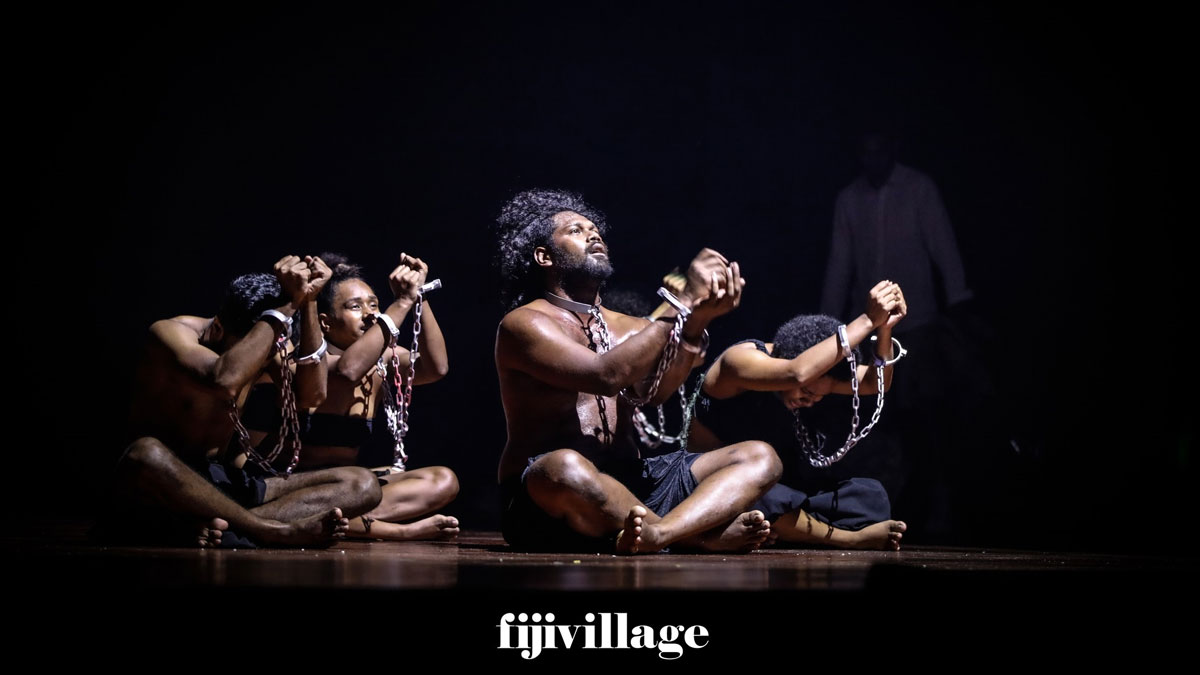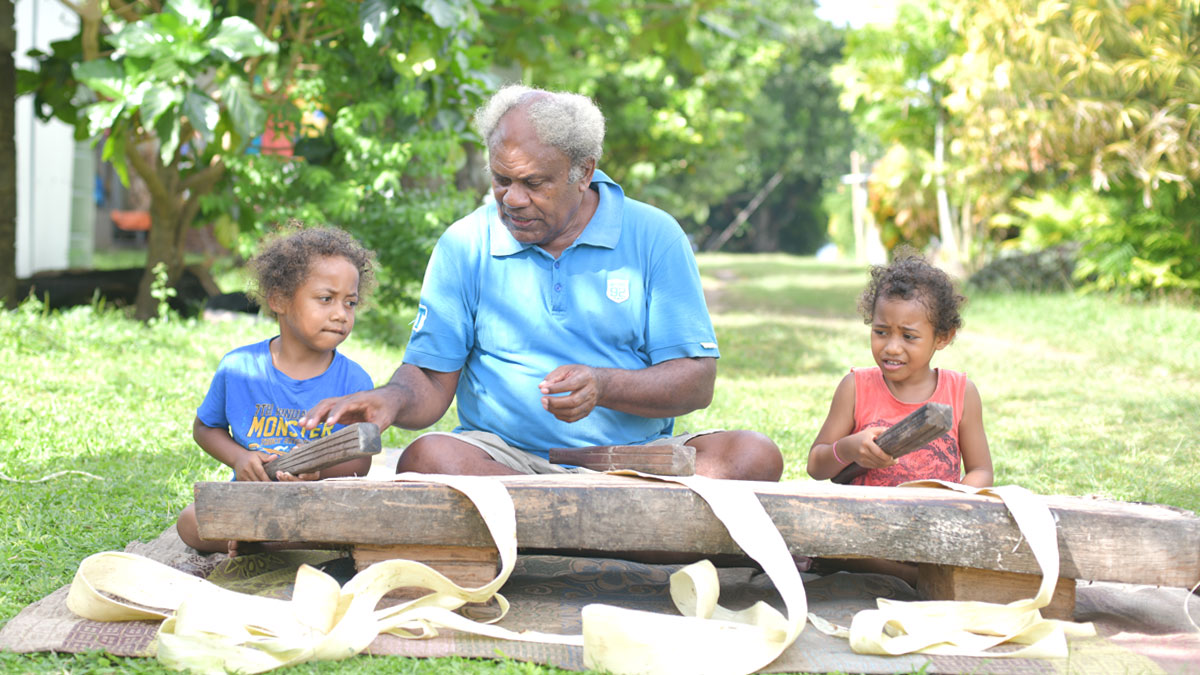
From burning the midnight oil throughout his early days at his close-knit home of Ekubu on Vatulele, an island located to the South of Viti Levu in Fiji, to securing a white-collar job and earning a management position, Isaia Batiratu could only look back and salute his humble and challenging upbringing that paved the way to becoming an educator – a noble profession he yearned for since his primary school days.
Not shying away from sharing his laid-back childhood days, Batiratu vividly recalls the struggles he had to endure to guarantee his placement at the then Lautoka Teachers College, located on the outskirt of Fiji’s Sugar City.
Comparing his childhood with that of his grandchildren nowadays, Batiratu said that the freedom, carefree, free-spirited life, and always having a sense of openness they enjoyed during his days is a luxury that rarely exists today.
With a few children from his village, he attended Vatulele District School from 1983 to 1990 before pursuing his secondary education at Lelean Memorial School, Queen Victoria School, and Nasinu Secondary School, respectively, as there was no secondary school on the island until today.
“Our upbringing was different, and we were taught the value of hard work. After completing secondary school, I sat for my University entrance and came to spend Christmas here in the village. When the school opened the following year, there was no preschool teacher, and I had to take up the position even though I had just sat my University entrance, and that was my pathway to teaching in the early 1990s,” he said.
In a communal setting where student dropouts were seen as a norm, Mr Batiratu worked hard to break the glass ceiling, set a benchmark for the younger generation and drive change in the community.
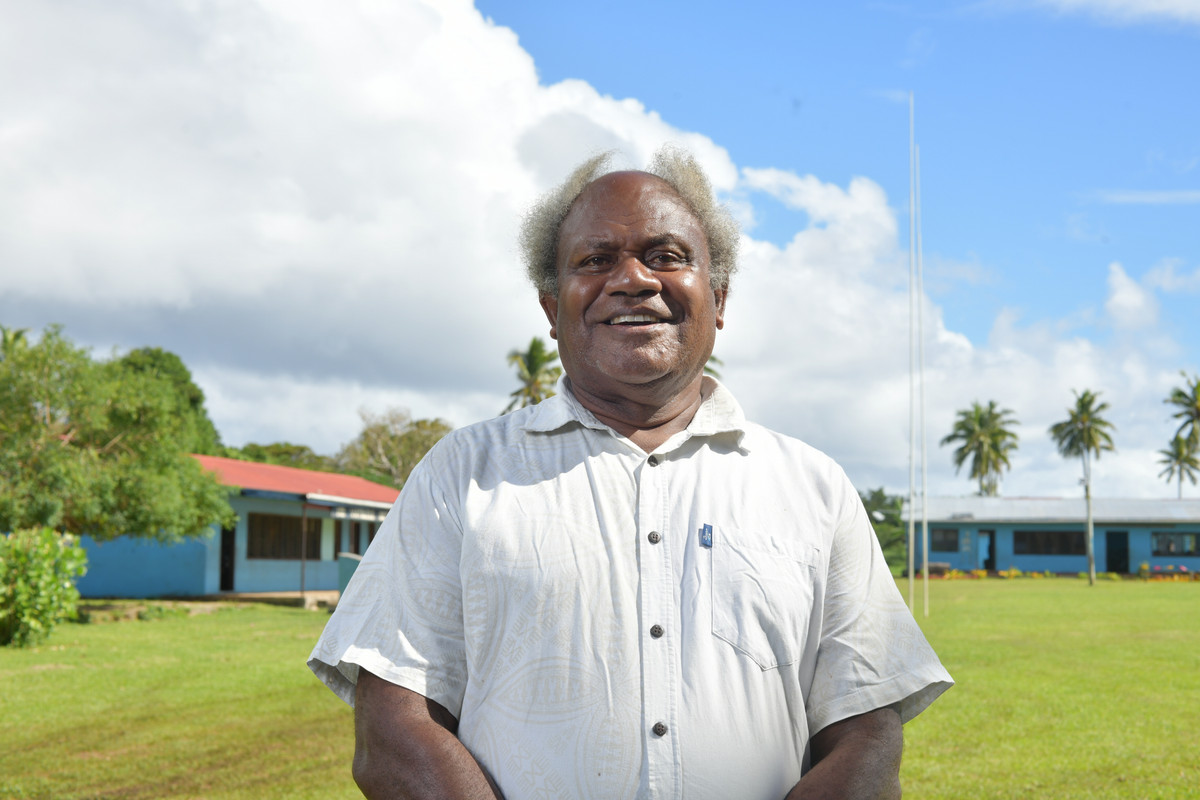
He acquired adequate experience whilst spending two years coordinating early childhood education at the district school before pursuing his studies at the Teacher’s College in Lautoka.
“After graduating from teachers’ college, I was posted to a few schools in the rural and maritime zones. I was posted back to teach at Vatulele District School as I always wanted to come back and teach my people right up until I was promoted to Head Teacher,” the jovial retired teacher said.
After spending a little over a decade teaching, Mr Batiratu decided to pursue his Postgraduate studies at The University of the South Pacific (USP).
It would be a rare scenario today to learn about a village clan investing in education, but this was prominent at Ekubu Village back in the day. Mr Batiratu had to travel to Suva from the island every fortnight to attend his classes.
“Every Friday afternoon of the second week, I had to catch the Vatulele Island Resort plane to Nadi, sleep at the Nadi Hotel, catch the early morning plane to Suva on Saturday, and travel to
USP to attend my classes. After my class, I would fly to Nadi, sleep at the hotel, and catch the plane back to Vatulele on Sunday morning. All these expenses were paid by the mataqali or clan,” he said.
Mr Batiratu chose to do his Postgraduate Diploma at USP following advice from his friends who were teaching at the institution at the time and added that the University was the only higher institution in Fiji that provided a different level of quality education to students in the Pacific.
The retired teacher said many of his relatives from the village have graduated from USP in recent years.
“I have relatives who have graduated from USP. I encourage my students to pursue their studies at the institution due to its reputation. I have a nephew whom I taught from Class 5 to 8, and he graduated from USP with his Education Degree and currently teaches at the Naqalimare District School in Navosa. He is also pursuing his Postgraduate Diploma in iTaukei Studies.”
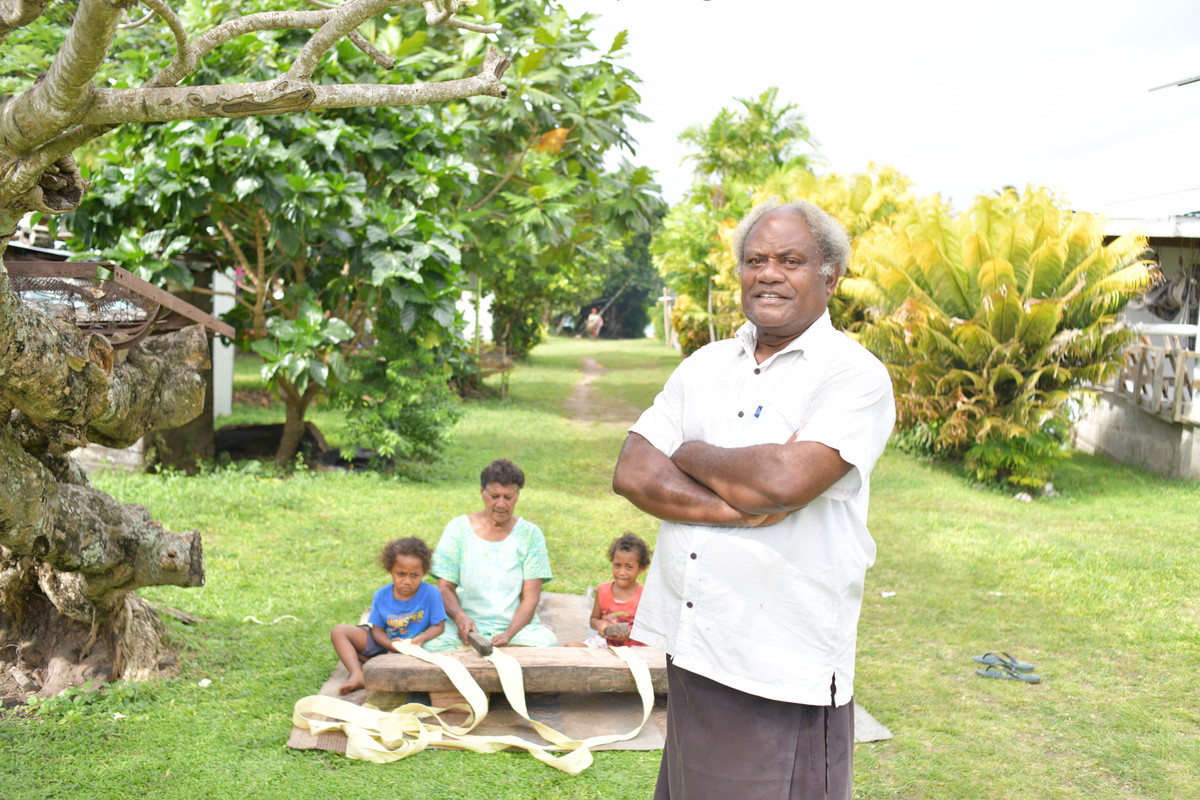
After spending over 20 years in the classrooms, the Education Ministry appointed Mr Batiratu to the position of Education Officer at the Nadroga/Navosa Education Office in Sigatoka.
He spent at least four years at the office before retiring in 2020 and deciding to return to the village and start a tapa-making business.
“A year before retiring, I planted 100 tapa plants which were ready for harvest when I returned to the village. Now, I can make a little over $100 a day from tapa making.”
Apart from being an entrepreneur, Mr Batiratu uses his skills and experience to encourage other tapa makers in the village to learn the importance of time management. He coordinates financial literacy sessions at least twice a year in the village.
Teachers at the village school also approach him for advice and insights when and where applicable.
The Ekubu villager has now embarked on completing his thesis at USP. He believes that education will only end when a person can no longer think or learn.
Mr Batiratu believes that raising a child is a team effort. Mother, father, grandfather, grandmother, uncles, aunts, teachers and caregivers all play an essential role in a child’s life, and when the village comes together, the child thrives in education.
USP, as the leading institution in the region and a hub of cultural diversity, takes pride in its role in shaping the future of the Pacific and fostering intellectual growth.
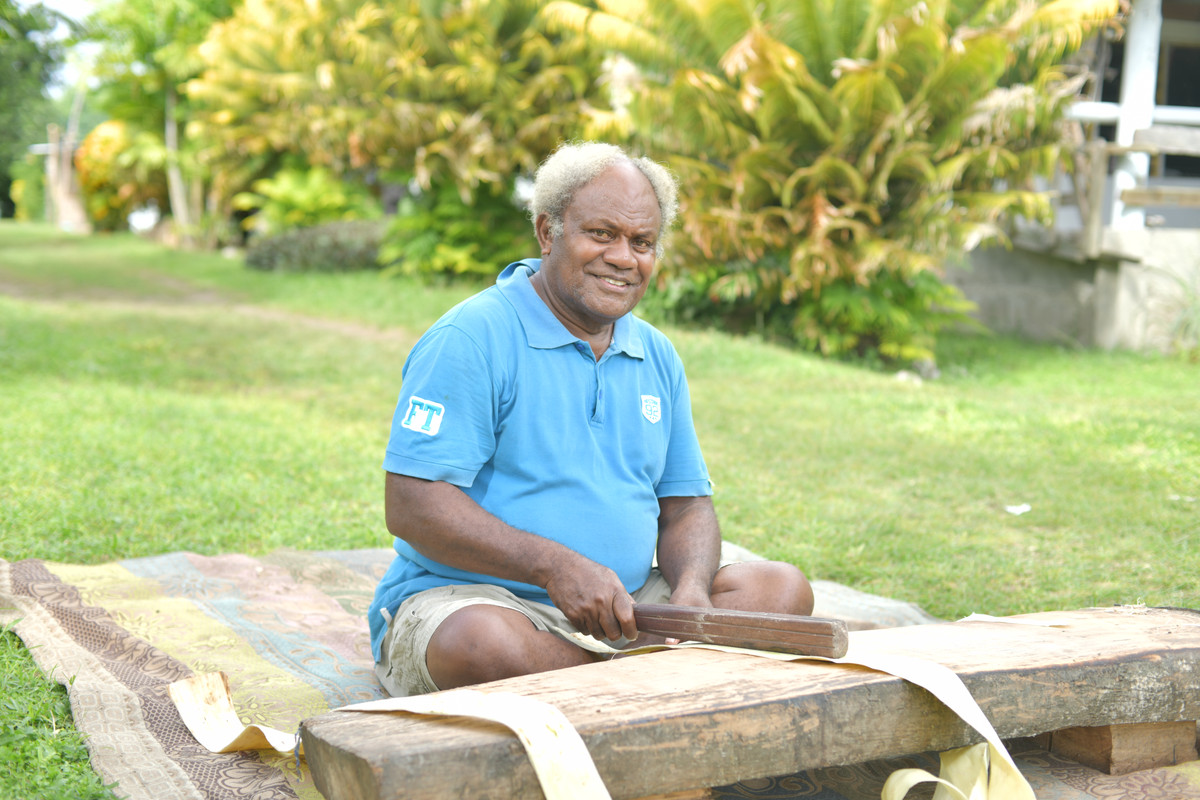
Through the “Our People, Our Stories” campaign, we hope to share the inspiring journey of our students, graduates and staff whose work has contributed to forming a regional elite of educated Pacific Islanders.
In the Pacific, storytelling is more than just passing down information. It is a primary method for preserving our rich cultural heritage; it contributes to the formation and reinforcement of community identity, is an educational tool for imparting essential life skills, moral lessons, and cultural norms, and preserves indigenous languages.
“Our People, Our Stories” is about learning from the experiences of others, sharing personal journeys, challenges, and triumphs that offer valuable insights that can inspire, educate, and help others take that next step in their academic journey.
As Pasifika, we are communal people with a vast extended family network, and as such, one story of our USP student, graduate or alumni is enough to inspire young people and an entire generation to follow in those footsteps.
Click here to read more of our stories: https://www.usp.ac.fj/opos/
Stay tuned for the latest news on our radio stations


